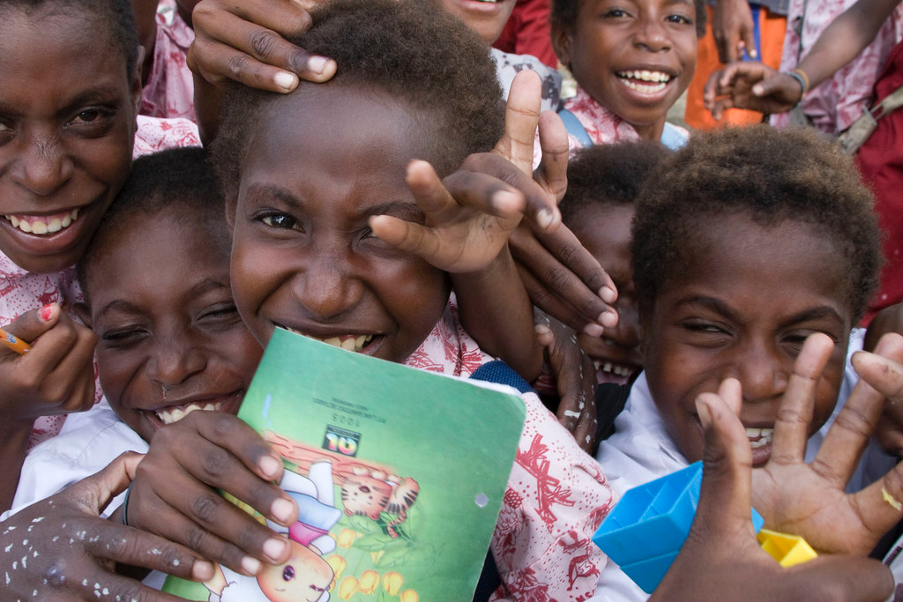Word: Ayu Arman
THE FUTURE OF PAPUA: PAPUAN PEOPLE MUST BE ABLE TO MANAGE THEIR OWN “GOLD”

Petrus Yumte, Former Acting Regional Secretary of Mimika Regency
The biggest challenge for Papua today is the need for strong, characterful leaders who can enhance and consolidate the human resources of Papua and also preserve its extraordinary natural environment – Petrus Yumte. We all cannot choose who our parents are and where we are born. However, we can choose how to live our lives, set life goals, and be responsible for what we choose and what has been predetermined for us, including our homeland. Whoever we are, regardless of the race and ethnicity attached to us, we have the same right to contribute and play a role in our homeland, the Indonesian homeland.
As a child of the Papua nation, I am truly compelled to build Papua. Papua is a vast home where I learn to sharpen my resilience, self-motivation, and cultivate a caring heart for the homeland that has been entangled for decades by the complexities of issues in Papua.
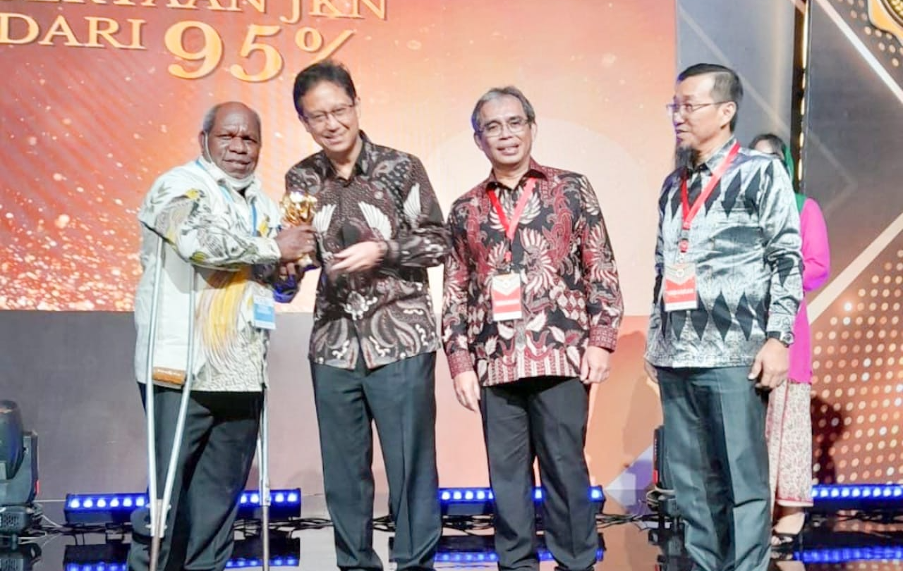
I am grateful that at this moment, Papua has undergone revolutionary infrastructure development. The central government has endeavored to build a land infrastructure network in the Papua region connecting Sorong in the west, Jayapura in the northern tip, and Merauke in the southern tip through the Central Mountains of Papua.
Today, Papua is significantly different from Papua twenty years ago, particularly in terms of infrastructure development. When viewed from the east, facing the Pacific, Papua is considered a relatively developed region, comparable to several other countries under the Pacific Islands Forum, such as Vanuatu, Solomon Islands, Federated States of Micronesia, Papua New Guinea (PNG), and Kiribati.
However, when viewed from the west, from Indonesia, Papua is still classified as a lagging region compared to other areas in Indonesia. Moreover, infrastructure development in Papua has not been accompanied by the development of its human resources.
Data from the Central Statistics Agency (BPS) indicates that the Human Development Index (HDI) in the Papua region still ranks behind in Indonesia. In 2022, the national average HDI was 72.29, while the HDI in Papua was below this average. The low HDI indicates that the access of Papua’s community to the benefits of development is still low. It can be said that the quality of life in Papua is lower than the average quality of life in Indonesia in general.
As a civil servant, I still witness the backwardness of Papua’s society, especially in Timika Regency. This is evident in the fields of health, education, and the economy of Papua, which, overall, remain concerning compared to other regions in Indonesia.
In the field of education alone, many children in Timika Regency still cannot read and write up to this day. Even in universities in Papua, there are still students who struggle with basic literacy skills. This condition is disheartening for me, knowing that the local government has a substantial budget for development in the Papua region.
We acknowledge that Papua does need infrastructure development today. However, what does good infrastructure mean if it is traversed by Papuans who lack education, unable to read and write? Infrastructure development holds no meaning if it does not result in a transformation of the quality of life for the local people in Papua.
Certainly, roads and bridges facilitate the access of those who no longer have to walk for days to reach villages or other regions. However, these roads and bridges can further marginalize them if they lack education or skills to compete with the outside world entering Papua.
The world knows that Papua is rich in natural resources. But who will manage them? Certainly, the people. What kind of people can manage Papua’s wealth? Certainly, educated people. What kind of education?
Certainly, quality education that can build strength from within individuals. Character education based on Papua’s natural resources and internationally recognized standards. Education models like this will cultivate human resources that can sustain themselves and others, ultimately mobilizing the natural resources of their respective regions.
Currently, Papua is not lacking in young scholars. Every year, UNCEN Cendrawasih Jayapura graduates nearly 1000 students in governance, economics, law, and other fields. Unfortunately, the quality of their education has not produced graduates who can support themselves. Almost all UNCEN graduates apply to become civil servants.
I once challenged the Rector of UNCEN to reduce the number of graduates in governance and economics and focus more on applied education based on Papua’s natural resources, such as agriculture, fisheries, animal husbandry, mining, and others. So that they can manage the land and sea of Papua themselves.
Even until now, there hasn’t been a single international-level junior or senior high school established in Papua, despite Papua having a substantial budget from the central government and the management of natural resources in Papua.
Therefore, I dare to say that Papua’s leaders have not shown sensitivity and understanding of the root causes of Papua’s underdevelopment. Until today, there has been no Papua leader who can create or introduce character education based on Papua’s natural resources that meets international standards in Papua.
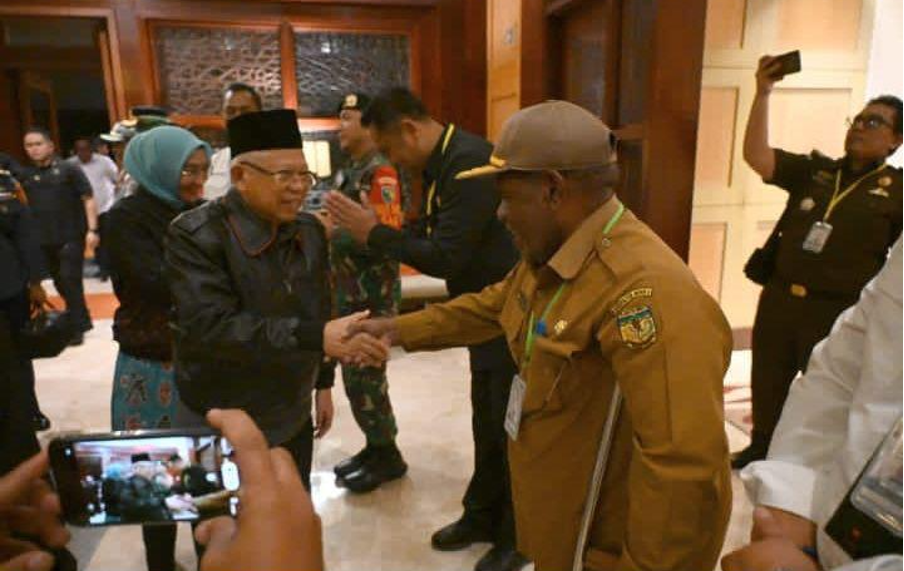
Especially considering the challenges faced by the people of Papua today amid global challenges and technology, the Papua local government must prioritize education as a leading program to promote and introduce high-quality, character-based, and internationally recognized education in Papua. Education is viewed as a long-term investment.
Moreover, the current population of Papua is relatively small, so the quality of Papua’s education must be managed as efficiently as possible with a substantial budget. Because the only way to bridge the gap in the human resources of Papua with other regions in Indonesia is through high-quality education. There is no other way. Only education can uplift the dignity and development of Papua in the future.
Therefore, the greatest challenge for Papua today is the need for strong leadership to enhance and consolidate Papua’s human resources while preserving its extraordinary natural environment.
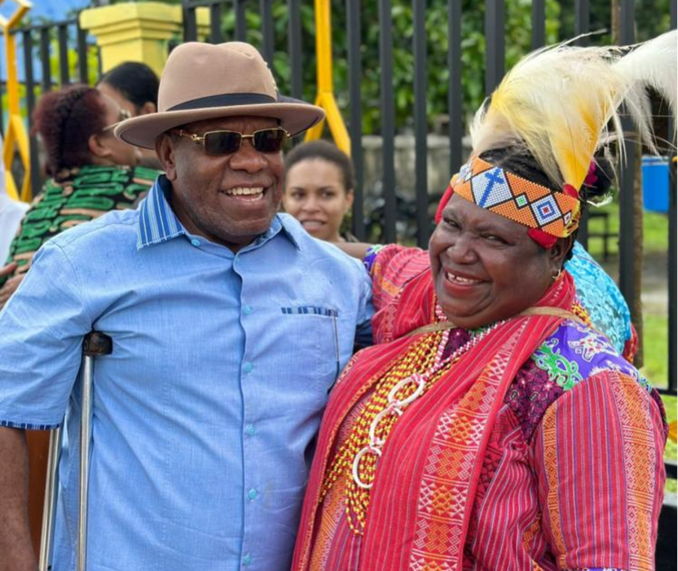
We need a revolutionary leader for Papua. A leader capable of designing a Papua education system that not only imparts knowledge and skills but also instills strong character, courtesy, and a robust work ethic. This will cultivate individuals with strong character, respect for rules and laws, the ability to produce products, and innovate with technology. Thus, the quality of education in Papua will be on par with that in Java and Jakarta. Eventually, the people of Papua will be able to manage their own natural resource potential or “gold.”
All of these are my hopes and dreams for Papua’s education now and in the future. Therefore, despite budget and experience limitations, I was inspired to establish the Santa Clara Foundation and Pelita Kasih Elementary School. I conceptualized this elementary school not only to teach general knowledge but also to equip children with English language skills, musical arts, and noble character.
I want Papua’s children to be able to speak English and play musical instruments from a young age. Because proficiency in English can broaden their future opportunities. Meanwhile, learning music, besides stimulating the brain, can develop social skills and self-confidence in children. This way, the quality of education in Papua will be equivalent to that in Java and Jakarta.
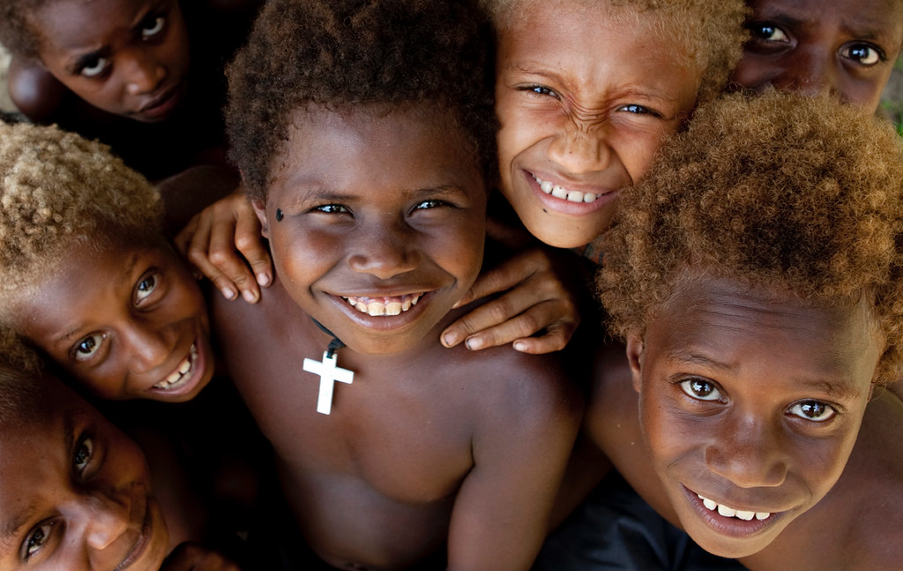
The elementary school that I initiated may not be able to address the significant challenges in education in Papua. However, with this school, I have the hope that Papua’s children will not only have general knowledge but also be proficient in English and music.
Currently, our school collaborates with the Catholic orphanage Santa Susana in Timika, Central Papua. This orphanage accommodates orphaned children due to being left by both parents due to broken homes or death.
There are nearly 90 orphanage children from Santa Susana Catholic that we are educating in this school. We accompany, guide, and shape their character to become individuals who uphold Catholic morality, high intellect, and discipline.

In the future, this elementary school aims to evolve into an internationally standardized school in Timika, as the instruction is conducted in English. We are also preparing dormitories for children outside the orphanage. Based on my personal experience, I believe that the growth of human beings is similar to plants. If they are planted and nurtured in a favorable environment, they will thrive.
My concern for Papua’s education is my responsibility as a native born in Papua. It is my commitment because I personally feel that the key to alleviating the hardships of life is by having a good education.
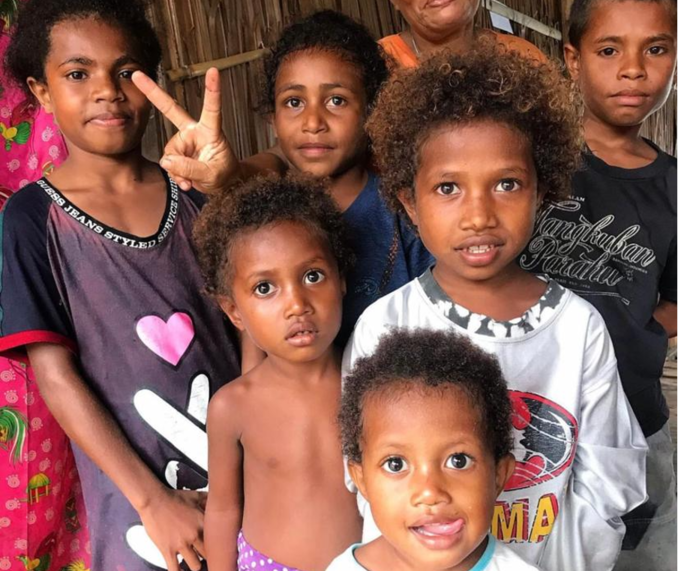
Just as I experienced it, without the educational assistance from the Catholic missionaries, I would not have the good life I have today. Even my father, who couldn’t read and write, had the awareness that education is the key to transforming lives for the better. Therefore, since my college days, I have been spreading that awareness to my friends by supporting them to the best of my ability despite my material limitations.
I hope that the school I am pioneering can one day become the foundation of my dream for an independent future for the people of Papua, managing their own natural resources. **

